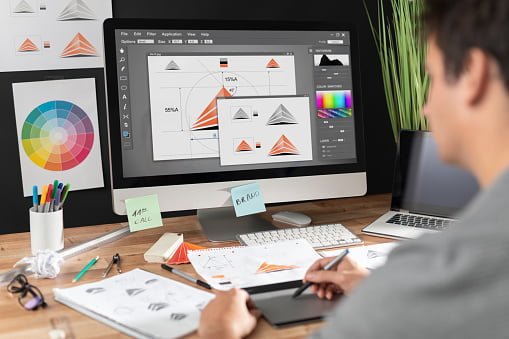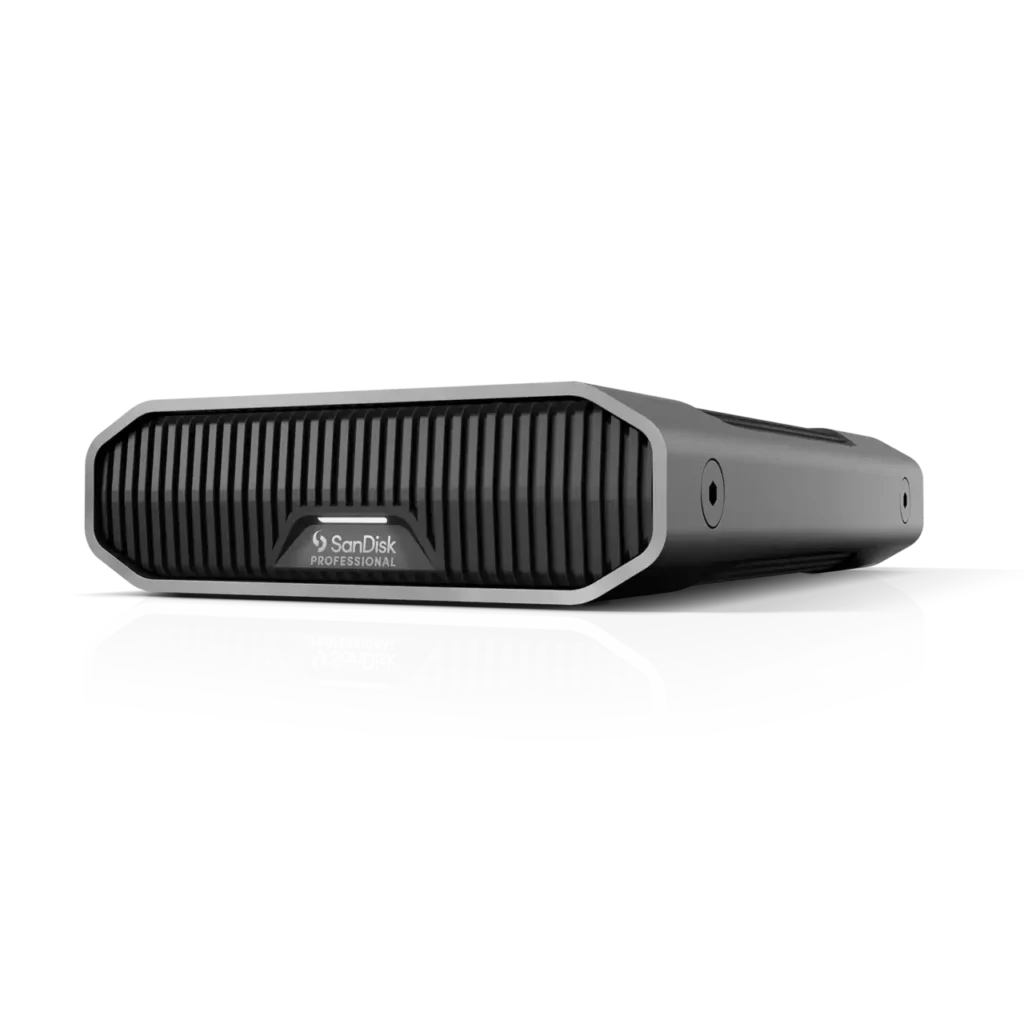Industrial Design: The Present & Future of Consumer Goods
We frequently take for granted how much work goes into the items we use daily as technology advances, and more companies drive innovation. Everything you come into contact with on a daily basis at your home, office, school, or public space has undergone a design process. During this phase, an industrial designer (and their team) makes a slew of decisions to improve your life through well-executed design. The process of product design is rarely given the attention it deserves. We tend to overlook the design process instead of concentrating on the concept or aesthetic.
What Is the Definition of Industrial Design?
Industrial design (ID) is the practice of creating products, gadgets, objects, and services utilized by millions of people every day worldwide. User needs, market expectations, and production processes are all factored into industrial design. Industrial design is a deliberate and thorough process that affects many parts of a business. Product designers collaborate closely with sales, marketing, engineering, manufacturing, and customer support teams to create a product that meets corporate objectives and influences the end-user.
The physical look, usefulness, and manufacturability of a product are traditionally the emphasis of industrial designers. However, they are often involved in far more over the development cycle. All of this adds up to the entire value and experience that a product or service gives to its customers. Their principal role is to assist in producing manufactured objects that are not only functional but also pleasing to the eye, giving them a competitive advantage over similar products. Graphic design, such as advertising and packaging, corporate iconography and branding, and interior design (sometimes known as interior architecture or environmental design), the layout of man-made environments, are often related to or included in the work of an industrial designer.
The Current State of the Industrial Design Industry
Industrial design is a field that has existed since the mid-eighteenth century. The acknowledgment of industrial design as a technique to dramatically boost a company’s value through design thinking, a process that applies industrial design methodologies to a wide range of business problems, has been a relatively new development in the last decade. Design thinking is a creative and iterative approach for discovering company-wide and product-specific issues and opportunities, examining potential solutions with the production process in mind, and producing responses that address all aspects of a product’s value to the end-user. With increased global competitiveness, more pressure for successful product introduction, the development of Apple and the Internet of Things, and improved customer desire for a better user experience, industrial design has become more crucial than ever before for manufacturing companies.
Many significant corporations recognize the value of industrial design and value the talents and abilities of industrial designers. Large corporations have the financial capacity to hire industrial designers or hire industrial design firms, allowing them to benefit from the designer’s efforts. Manufacturers who incorporate industrial design into their businesses generally experience increased corporate value, increased market share and penetration, faster innovation, and a more positive overall company culture.
Industrial design may assist small and medium-sized manufacturers (SMMs) in the same manner as large manufacturers. However, the majority of SMMs have not done so due to various factors, including a lack of funding, a lack of top management commitment to design, and the difficulty in identifying experienced designers. These businesses are frequently unaware of what industrial design can accomplish in terms of product development and enhancing business operations. They don’t come across industrial designers as part of their standard networks. Therefore they don’t know who they are. Most importantly, they underestimate the value that an investment in industrial design can bring to their entire company. For all of these reasons, SMMs may be unaware of the advantages industrial design can provide to their companies, putting them at a significant disadvantage.
Importance of Industrial Design for the Future
A manufacturer must innovate successfully to match consumer expectations and requests, and industrial design is an integral part of that process. It is widely acknowledged that we live in a digital age. Our economy is built on widely accessible information accessed instantly via electronic gadgets. We may demand individualized products through a customized user experience at nearly any time we choose because of how we buy things, communicate ideas, share information and opinions, and define who we are. This information, which is readily available and quick, considerably raises a manufacturer’s risk when launching a new product. Companies must ensure that their product is the finest it can be from the start and responsive to the user’s experience when it is ready to launch. Industrial designers play a critical part in ensuring a successful product launch by employing the design thinking approach, which involves routinely engaging the consumer for feedback throughout the design process.
Discover more from TheLatestTechNews
Subscribe to get the latest posts to your email.










